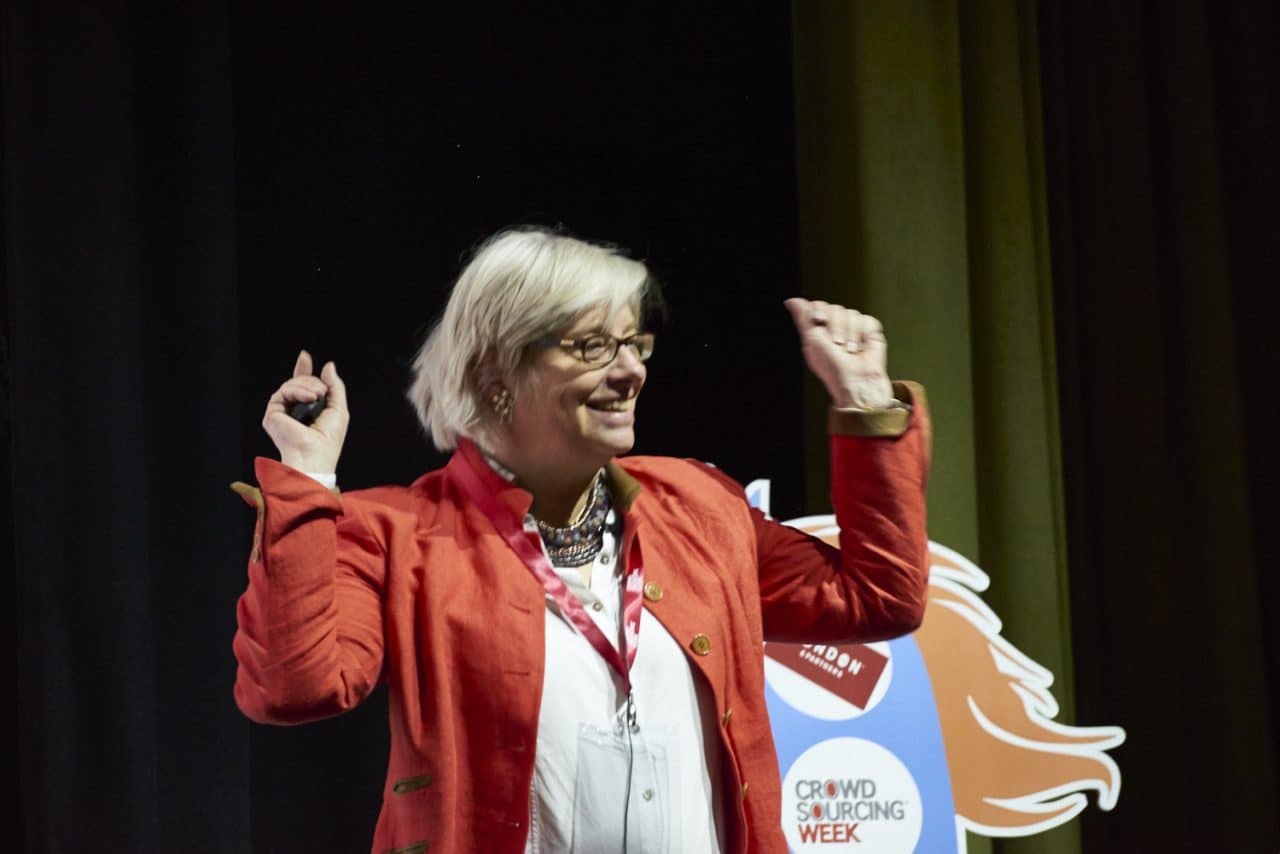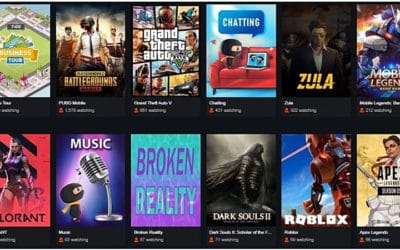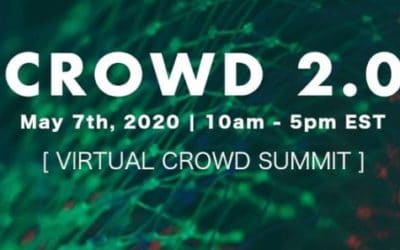Today’s theme at Crowdsourcing Week Global 2016 was Crowdsourcing and Crowd Innovation. CSW founder Epi Ludvik Nekaj reminded us of the prediction made by American ‘futurist’ Ray Kurzwell. He believes the advancements made in the next 100 years will match those of the previous 20,000, such is the exponential pace of change we are experiencing.
We heard a succession of international speakers showcasing numerous examples of how various forms of crowd activity and innovation – made possible through the technology of personal interconnectivity – enables better ways of doing things, often in the face of resistance to change.
My head is still spinning from all the amazing connections at #cswglobal16 with @CrowdAngels & we have 2 more days! pic.twitter.com/Vti2QdsZyp
— Fanuel Dewever (@fdewever) April 14, 2016
Workforce involvement and consultation
Asking people for ideas and help can often result in more positive input and effort from them than telling them what you want them to do. That’s not a new idea, company Suggestion Boxes were a form of crowdsourcing, but the interconnectivity available today makes it easier to implement more proactively, on a far bigger scale and in a wider variety of areas. As an example, 30% of the 1,000 staff in Deloitte’s offices in Warsaw responded to a request for ideas to improve the company. The initiative was rolled out to 37 other offices. The company saved $millions though adopting some of the ideas.
Jan Kaspizychi-Rosikon, MillionYou, Poland
Airline cabin crew often have to deal with upset passengers who can’t have the meal of their choice. Yet most airlines don’t empower them to provide any feedback to help improve the situation. One Asian airline did so and passenger satisfaction levels rose 7% within one month. Being responsible for providing feedback through being crowdsourced for their comments and experiences led to an improvement in how the cabin crew dealt with issues in the first place. And the process also had a fundamental effect on the airline/employee relationship because the cabin crew felt included in co-creating, not just delivering, the in-flight experience.
Nathan Waterhouse of OI Engine
Design thinking is not about designers solving problems – its about empathy first @OIEngine #CSWGlobal16 pic.twitter.com/JYwinLkyyH
— Kyle Fraser (@Kyle_Fraser) April 14, 2016
Technology makes it simpler to research a whole workforce online at their desks, rather than taking a sample of them somewhere for focus group discussions or whatever else. Mass involvement has proved particularly useful to companies that are going to make changes. Crowds have feelings as well as an intellectual intelligence. Many of us are change resistant, though when we are asked for our input about future change – which engages us with the possible implications – resistance is reduced. It is not a new idea that research can often be effective marketing, though now it can be done faster and more easily on a fully inclusive scale.
Joanne Celens, Synthertron, Belgium
Education
Education is structured as a linear process by autocratic, ‘credentialised’ organisations authorised to award qualifications. Students are processed through a somewhat rigid process. How could crowd-learning deliver an alternative?
The London School of Economics conducted a crowd sourcing project to write a UK Constitution, given we are one of the few countries without one. Across a 14 week period the number of people grew to a total of 1,500 people got involved online and learned through grappling with issues related to human rights, the legal system and the meaning of democracy itself. Between them they created an 8,500 word Constitution that was delivered to the Speaker of the House of Commons.
Yesterday we heard how crowdfunding can influence local government decision-making. Beyond an educational role, could the power of crowd-learning be used to influence, or even lead to transformative changes, in the meaning and manner of leadership; the top-down hierarchy of control; the way organisations like the NHS – the third largest employer in the world – are run?
Peter Bryant, LSE
“What if engagement could be…” Inspiring rallying call by @PeterBryantHE My fave is ‘Collaborative’ #CSWGlobal16 pic.twitter.com/0vsJNpH6GX
— Adam Woodhall (@adamwoodhall) April 14, 2016
Crowdsourcing using gamification techniques
Cancer Research UK created a mobile phone game in which people across the globe were able to help scientists unravel gene data to find the answers to some of cancer’s toughest questions.
A Swedish scheme to reduce road accidents in Stockholm used a proportion of the money raised through speeding fines as prize money. Drivers who kept to the speed limit were entered in a draw to win it. After just three days there was an overall 22% drop in car speeds.
Both from Rajiv Vaid Basaiawmoit, Aarhus University, Denmark
Convergence point = point of no return, #gamnification #crowdsourcing #BigData @rajiv_VB @AarhusUni #CSWGlobal16 pic.twitter.com/W1mi62j4b5
— Nick NM Yap (@AddLikeFollow) April 14, 2016
New UK insurance provider Vitality Health uses gamification techniques to encourage policyholders to engage with a programme of incentives that motivate them to improve their health, fitness and activity levels, which are recorded by wearable technology. Through lifestyle improvements and exercise the policyholders earn points to access escalating benefits of discounts on health scans, international travel, spa resort stays, gym memberships, and free cinema tickets and Starbucks drinks. Vitality Life receives all the data from the wearable technology and is building a databank to guide their business decision-making.
Guy White, The Catalyx
Gamification techniques were used to encourage artists and owners to contribute images of their artworks to USEUM, a globally crowdsourced online art museum.
Foteini Valeonti, USEUM
Other key thoughts
Crowdsourcing is the process, collective intelligence is the outcome: the terms are not interchangeable.
Mike Silverman of Silverman Research
On “how to survive in the age of digital disruption”, you must disrupt your business yourself before someone else does.
Vicki Sleight, iTalent
Is driving down incomes through Uber paying drivers low wages and putting taxi firms out of business what we want or expect from a ‘sharing economy’? And shouldn’t we all share the profits that companies like Google, Facebook and Uber are making from all of our input?
Shelley Kuipers, Better Ventures
#Crowdsourcing & #Participation = The API of we. @shelleykuipers #CSWGlobal16 pic.twitter.com/59hEVCJgYR
— Dries Van Ransbeeck (@DVRansbeeck) April 14, 2016
Apologies to the speakers that I have not mentioned who contributed to such an amazing day.





0 Comments